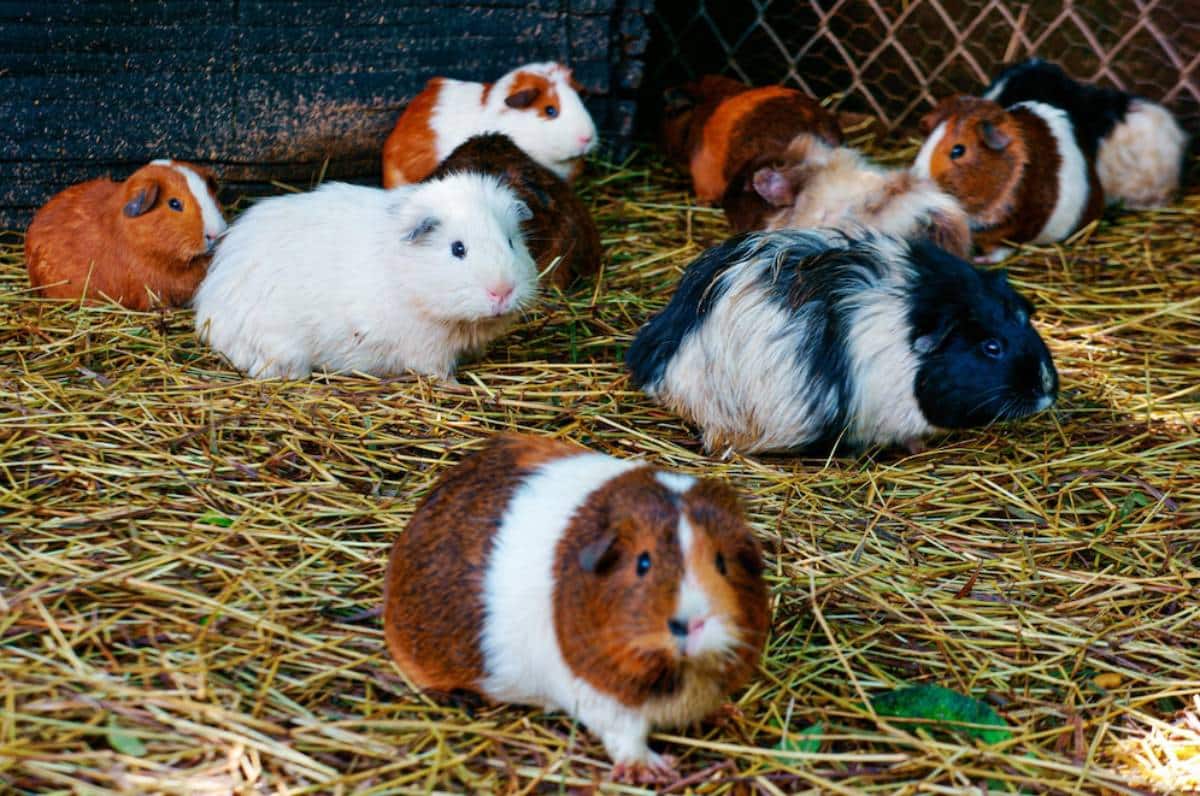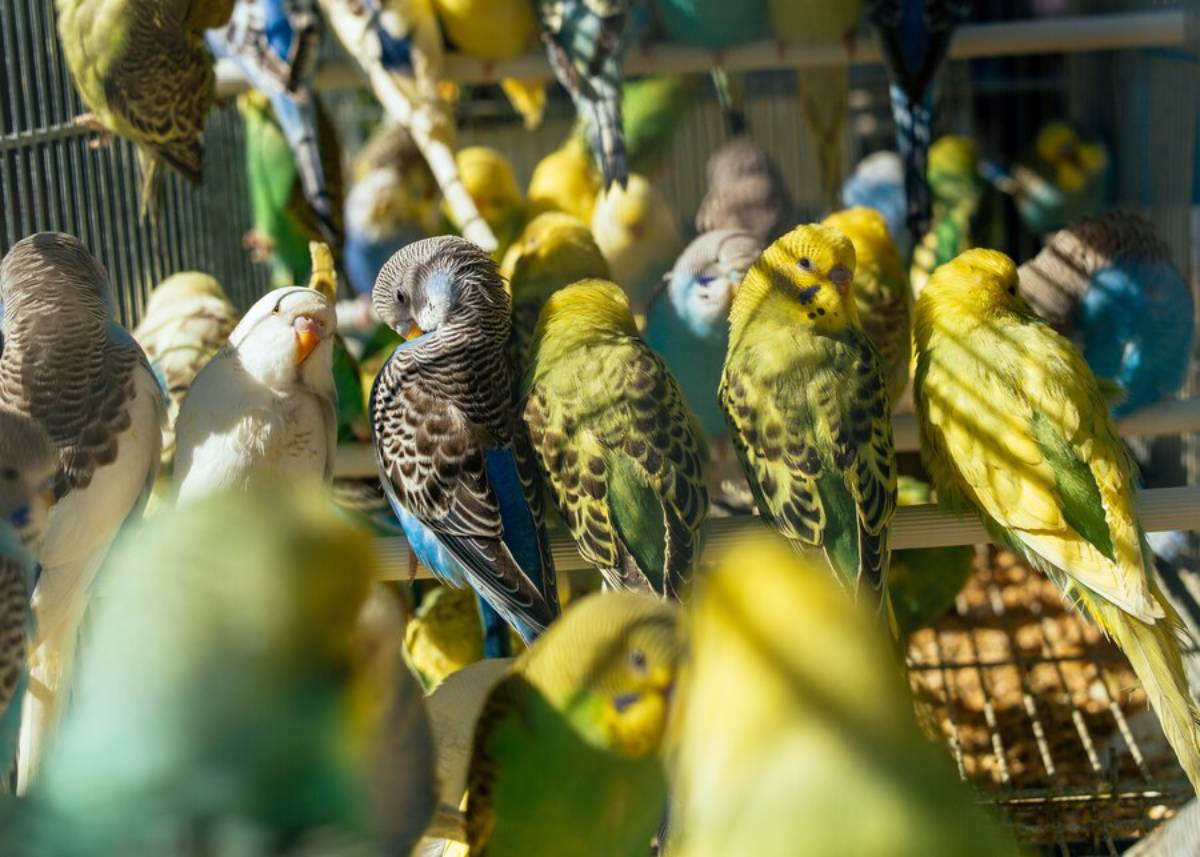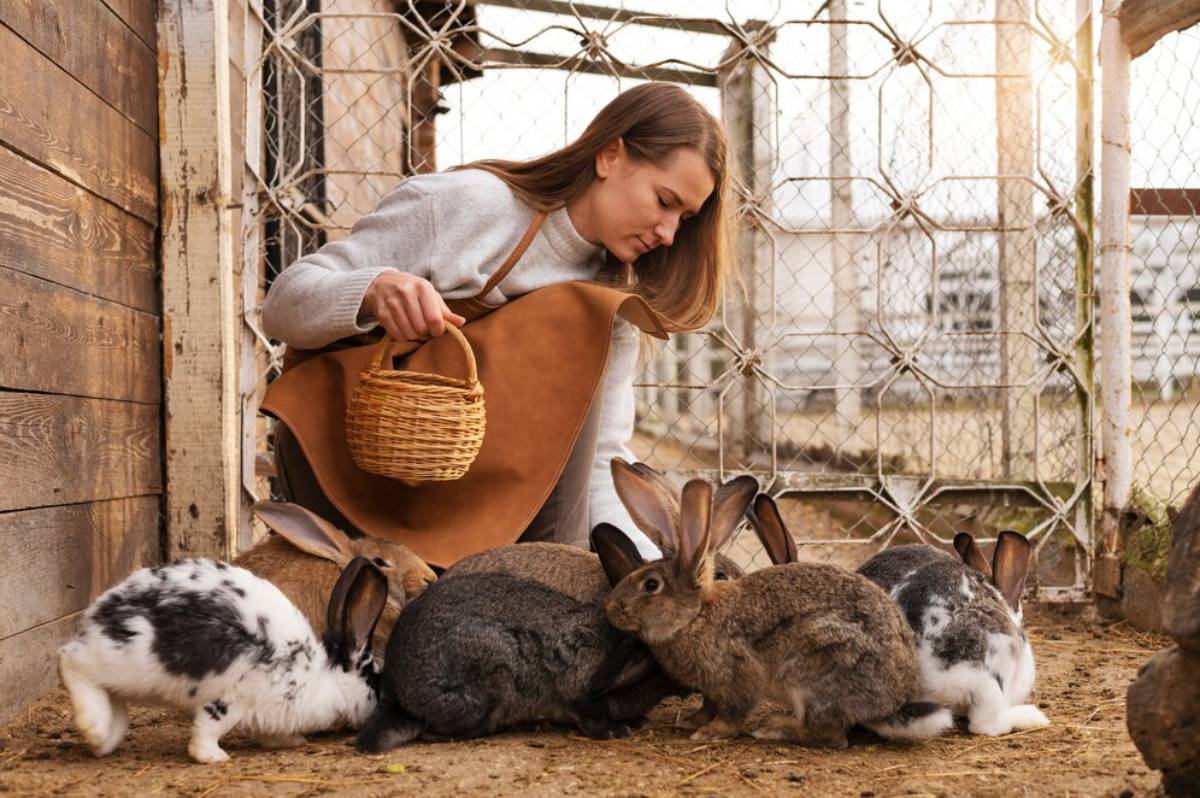
Supporting Ethical Breeders and Rescue Centres
The decision to bring a new pet into your life is a joyful and deeply personal one. Choosing your next pet, be it a fluffy rabbit, a sleek reptile, or a vibrant parrot, is more than just picking a species. It’s an ethical commitment. In a time when animal welfare, conservation, and consumer responsibility are important, how we get pets matters more than ever.
To make mindful choices, look for ethical breeders or explore exotic pet adoption at reliable rescue centres. By supporting responsible sources, pet owners can help promote sustainable pet care, discourage exploitative practices, and contribute positively to the well-being of animals both in captivity and the wild.
This article helps you find ethical breeders, learn about rescue centres, and make choices that blend compassion with commitment.
The Impact of Pet Sourcing
The pet trade is a vast and varied industry. While many breeders and sellers prioritise animal welfare, others do not. Irresponsible breeding, smuggling, and overbreeding can lead to serious consequences for animals, ecosystems, and even public health.
Common Issues in Unethical Sourcing:
- Poor living conditions for breeding animals
- Inbreeding and lack of genetic diversity
- Sale of sick or poorly socialised animals
- Illegal wildlife trade, especially in exotic species
- Lack of post-sale support or health guarantees
Choosing where your pet comes from is a key part of sustainable pet care—reducing demand for unethical practices and supporting systems that value health, transparency, and compassion.
What Is an Ethical Breeder?

An ethical breeder is committed to responsible, humane breeding practices. They prioritise the health and welfare of their animals over profit, maintain high standards of husbandry, and aim to improve the species through careful selection.
Signs of an Ethical Breeder:
- Breeds on a small scale, focusing on quality not quantity
- Maintains clean, enriching, species-appropriate environments
- Screens potential owners and offers guidance
- Provides full veterinary history and health checks
- Offers post-adoption support and education
- Breeds from genetically diverse, healthy stock
- Is transparent and welcomes visits to their facility
Ethical breeders often have deep knowledge of their chosen species and maintain ongoing relationships with buyers, acting as a lifelong resource for proper care.
Questions to Ask a Breeder
When evaluating a breeder, it’s important to do more than browse photos. Ask questions to assess their standards and transparency.
Key Questions:
- How many species or breeds do you work with? (Smaller-scale breeders usually specialise.)
- Can I visit the breeding facility? (Avoid breeders who refuse visits.)
- Do you socialise the animals before sale?
- Are parents on site and healthy?
- What’s your return policy if the animal cannot be kept?
- What do you feed your animals and how are they housed?
- Do you provide a health certificate or guarantee?
A reputable breeder will not be offended by these questions—in fact, they’ll appreciate your commitment to responsible ownership.
The Role of Rescue Centres in Exotic Pet Adoption

While breeders play a role in meeting demand, rescue centres are on the front lines of rehoming animals in need. These centres rescue abandoned, surrendered, or mistreated animals, rehabilitate them, and find them loving homes.
Why Choose Exotic Pet Adoption?
- Gives an animal a second chance at life
- Reduces the burden on shelters and wildlife rescues
- Can be more affordable than buying from a breeder
- Often includes vet checks, microchipping, and neutering
- Promotes awareness about animal abandonment and trade issues
Exotic pet adoption is especially important in reducing the surplus of animals affected by impulse purchases, misinformation, or changing life circumstances.
What to Expect When Adopting from a Rescue
Adopting from a rescue is not always as simple as buying from a shop—but that’s a good thing. Reputable rescues will want to ensure you’re prepared to meet the needs of the animal.
Typical Adoption Process:
- Submit an application detailing your experience and environment
- Participate in an interview or home check
- Receive guidance on housing, diet, and enrichment
- Pay a small adoption fee (usually covering care costs)
- Sign an agreement outlining care standards
While the process can take time, it reflects the rescue’s commitment to the animal’s lifelong welfare.
Supporting Rescue Centres Beyond Adoption
Even if you’re not ready to adopt, you can support rescue centres in other meaningful ways.
How to Help:
- Donate money, supplies, or equipment
- Volunteer your time for cleaning, feeding, or education
- Foster animals short-term while they await permanent homes
- Fundraise through social media, events, or local initiatives
- Spread awareness about the benefits of adoption and responsible care
Supporting rescues is a powerful way to contribute to sustainable pet care and animal welfare in your community.
Red Flags When Buying Exotic Pets
Whether purchasing or adopting, be wary of signs that an animal’s welfare—or your rights as a buyer—may be at risk.
Red Flags Include:
- Sellers unwilling to answer questions or provide background
- Animals shipped in poor conditions or without veterinary checks
- No interest in your setup or experience level
- Overcrowded, unsanitary facilities
- Sale of protected or endangered species without permits
Avoid markets, online-only listings without verification, and high-volume sellers with rotating inventory. Responsible sourcing means being cautious and doing your homework.
Legal and Ethical Considerations
Some exotic species are restricted or require licences in the UK and elsewhere. Before acquiring any exotic animal, ensure:
- You’re legally allowed to keep it under local or national regulations
- It was not taken from the wild illegally
- You can provide proper veterinary care and housing
Supporting ethical breeders and reputable rescues helps ensure that animals in human care were bred or rescued legally, responsibly, and humanely.
Choosing the Right Pet for Sustainable Care
Ethical sourcing begins with choosing a pet that fits your lifestyle, environment, and experience.
Ask Yourself:
- Can I meet this species’ environmental and dietary needs long-term?
- Do I have access to exotic veterinary care?
- Am I prepared for this pet’s lifespan (which may be 10–30 years)?
- Will this pet be safe around children or other animals?
- Am I choosing this pet for the right reasons—not novelty or impulse?
Sustainable pet care means making choices that prioritise the animal’s wellbeing over personal trends or preferences.
Combining Breeding and Rescue: A Holistic View
While some advocate exclusively for adoption, responsible breeders and rescues both play roles in ethical pet ownership. Ethical breeders keep healthy, well-bred lines for pet lovers. Rescue centres make sure every animal gets a chance at a loving home.
By helping with education, financial support, and responsible ownership, you make pet care better and more caring.
Ethics, Empathy, and Enduring Care

Supporting ethical breeders and rescue centres shapes the future of pet ownership. It’s not just about where you get your pet. Making careful, informed choices helps animal welfare. It prevents exploitation and builds a kinder bond between humans and animals.
When you adopt a surrendered parrot, buy a ferret from a trusted breeder, or donate to a local shelter, you send a clear message. Animals deserve dignity, health, and lifelong care.
Act today: Explore your options. Contact trusted breeders and rescues. Choose a pet that matches your values and honours the animal’s life.


